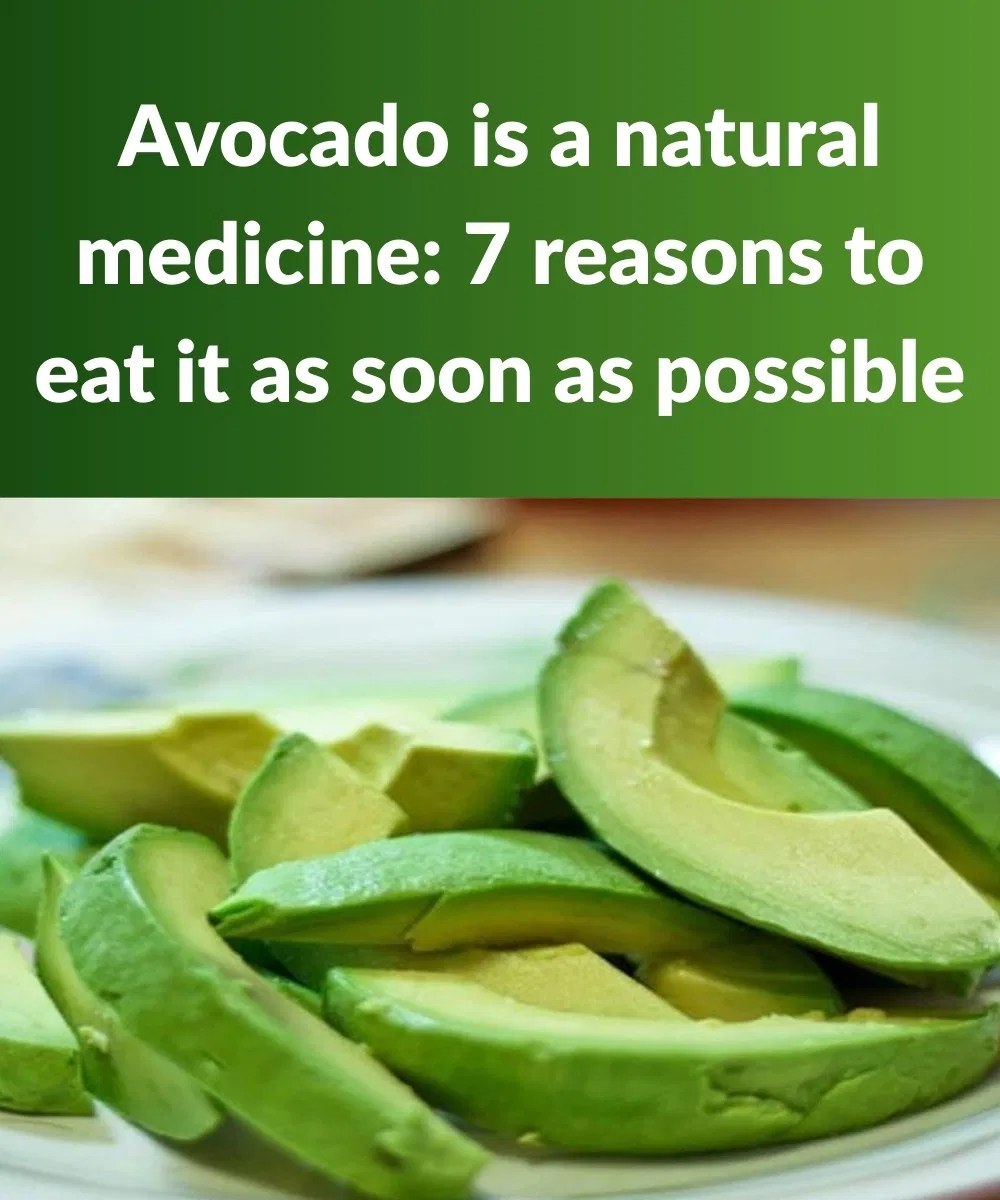Avocados have earned their place as one of the most beloved superfoods in the modern American diet, and it’s easy to see why. While they may have gained popularity thanks to Instagram-worthy avocado toast, there’s far more to this fruit than just its social media appeal. Behind its smooth, creamy texture lies a treasure trove of health benefits that go well beyond its delicious taste. In fact, avocados are nutritional powerhouses packed with more than 20 essential nutrients that your body needs to function at its best.

One of the standout nutrients in avocados is potassium, a mineral that’s vital for maintaining healthy blood pressure, nerve function, and muscle control. Surprisingly, avocados contain more potassium per serving than bananas, which are often celebrated for their potassium content. Eating potassium-rich foods like avocados can help balance sodium levels in the body, reduce tension in blood vessel walls, and ultimately support cardiovascular health. But potassium isn’t the only reason to love avocados—they’re also an excellent source of vitamins K, C, E, and several B vitamins, including folate. Vitamin K plays an important role in blood clotting and bone strength, while vitamin C supports immune function, helps in collagen production, and acts as a powerful antioxidant.
Folate is crucial for DNA synthesis and repair and is particularly important for pregnant women to help prevent birth defects during early development. When it comes to fats, avocados are rich in heart-healthy monounsaturated fats. These are the good fats that can help lower levels of bad LDL cholesterol and raise good HDL cholesterol when eaten in place of saturated or trans fats. This makes avocados a smart food choice for protecting your heart and reducing the risk of heart disease. Plus, the fat content in avocados allows your body to better absorb fat-soluble vitamins like A, D, E, and K, ensuring you get the most out of the other foods you eat. Avocados are also a fantastic option for anyone trying to manage blood sugar. Their high fiber and healthy fat content work together to slow down digestion and prevent sharp spikes in blood sugar levels.
This makes them a satisfying and steady energy source, keeping you full and focused for hours after eating. Including avocados in meals can help curb unhealthy snacking habits and support balanced energy throughout the day, which is especially helpful for people with diabetes or those trying to maintain consistent blood sugar levels. Beyond blood sugar control, avocados support bone health as well. In addition to vitamin K, they contain magnesium, another essential mineral that contributes to bone formation and density. Regularly consuming foods that support bone health, like avocados, is important at any age but becomes especially crucial as we get older and bone density begins to decline. Eye health is another area where avocados shine. They are naturally rich in antioxidants like lutein and zeaxanthin, which are known to accumulate in the retina and protect against damage from blue light and oxidative stress. These antioxidants help reduce the risk of age-related eye conditions such as macular degeneration and cataracts.
Including avocados in your diet can help you maintain good vision and support long-term eye function. Lastly, avocados are incredibly versatile and easy to incorporate into your meals. Their creamy texture and mild flavor make them a great addition to everything from smoothies and salads to sandwiches and dips. Whether you’re enjoying them as a simple spread on whole-grain toast or blending them into a protein-packed smoothie, avocados fit seamlessly into a variety of dishes and dietary preferences. In summary, avocados are more than just a trendy fruit—they’re a smart nutritional choice that supports heart health, blood sugar control, bone strength, vision, and overall wellness. With their unique combination of vitamins, minerals, healthy fats, and antioxidants, avocados are a delicious and valuable addition to any balanced diet.





